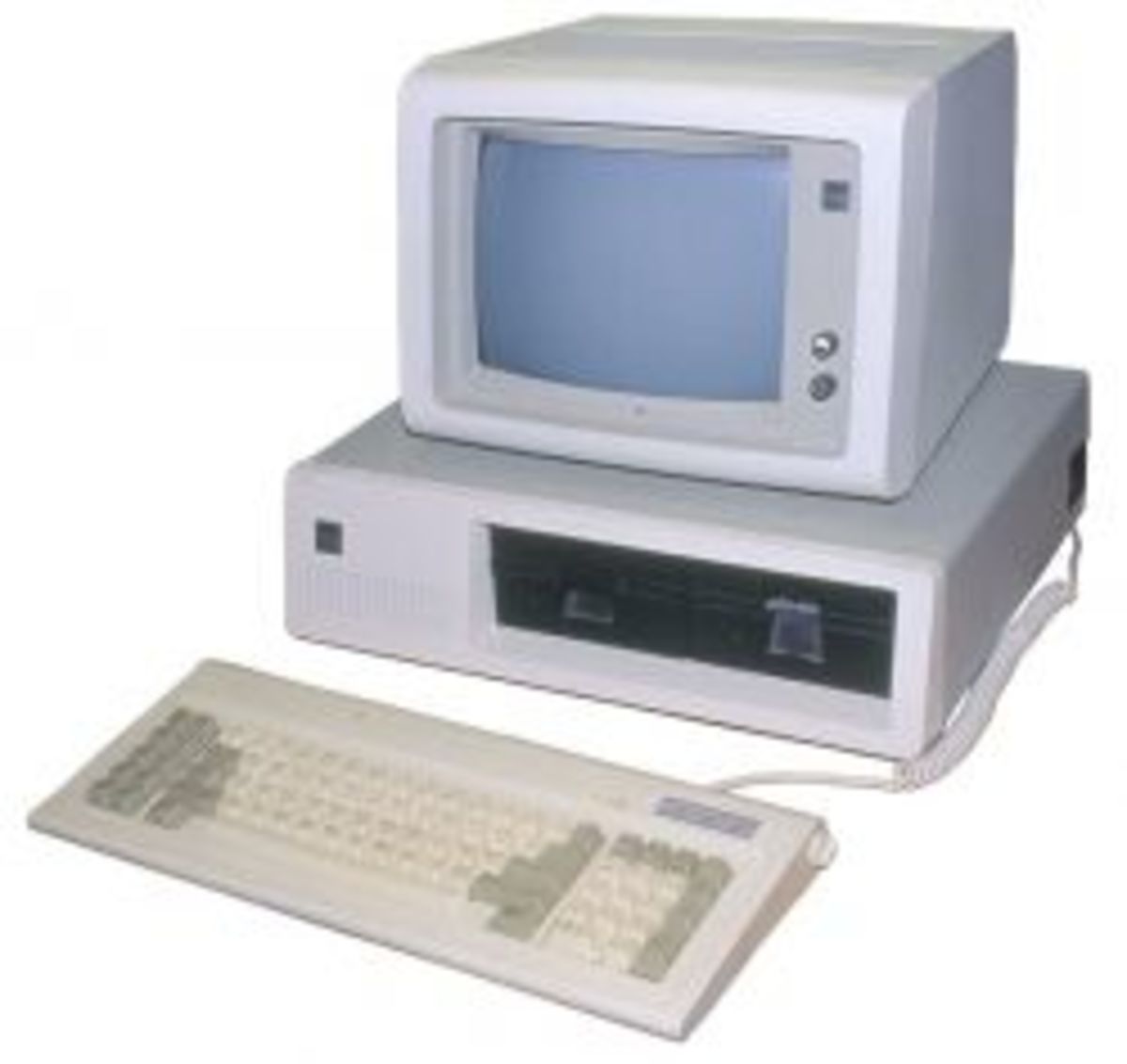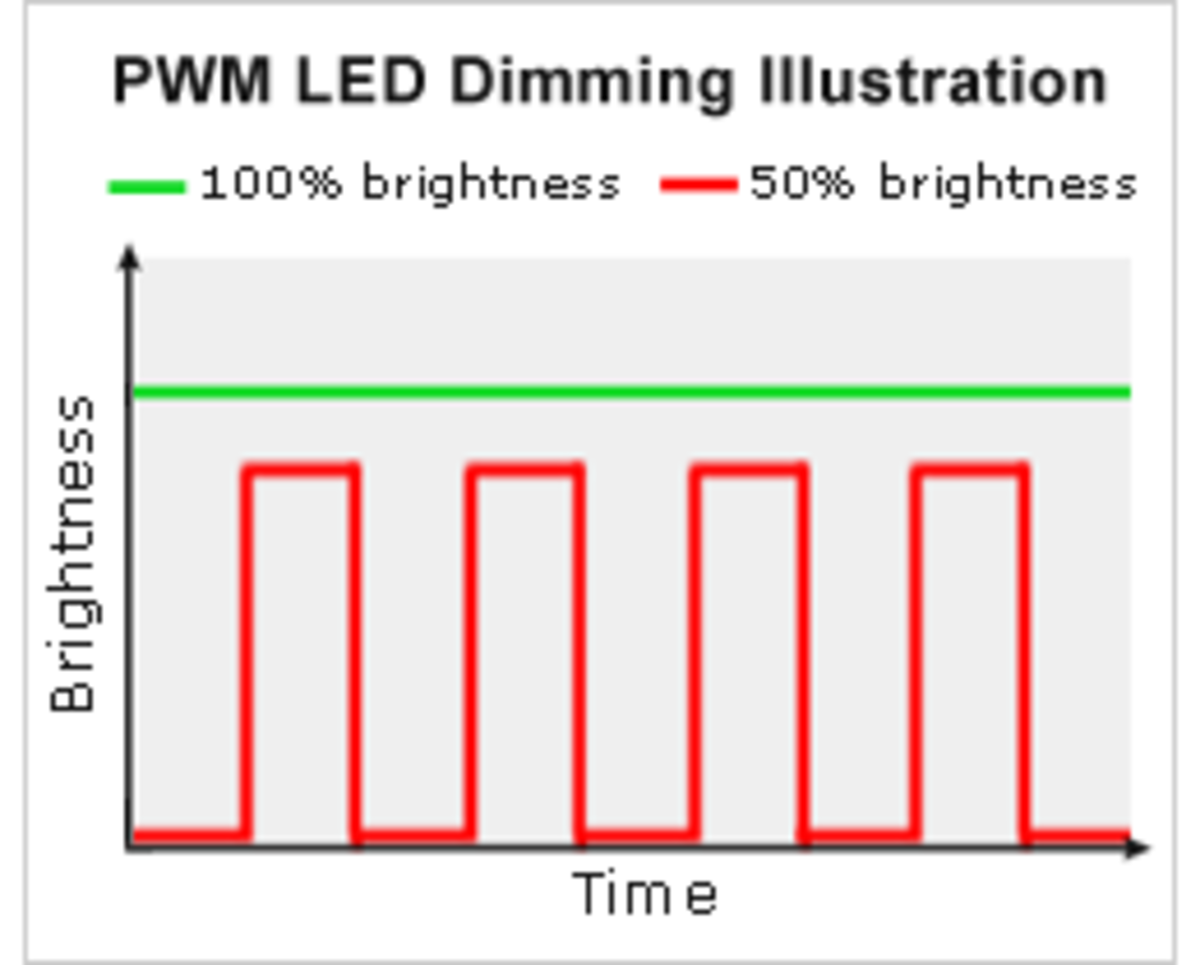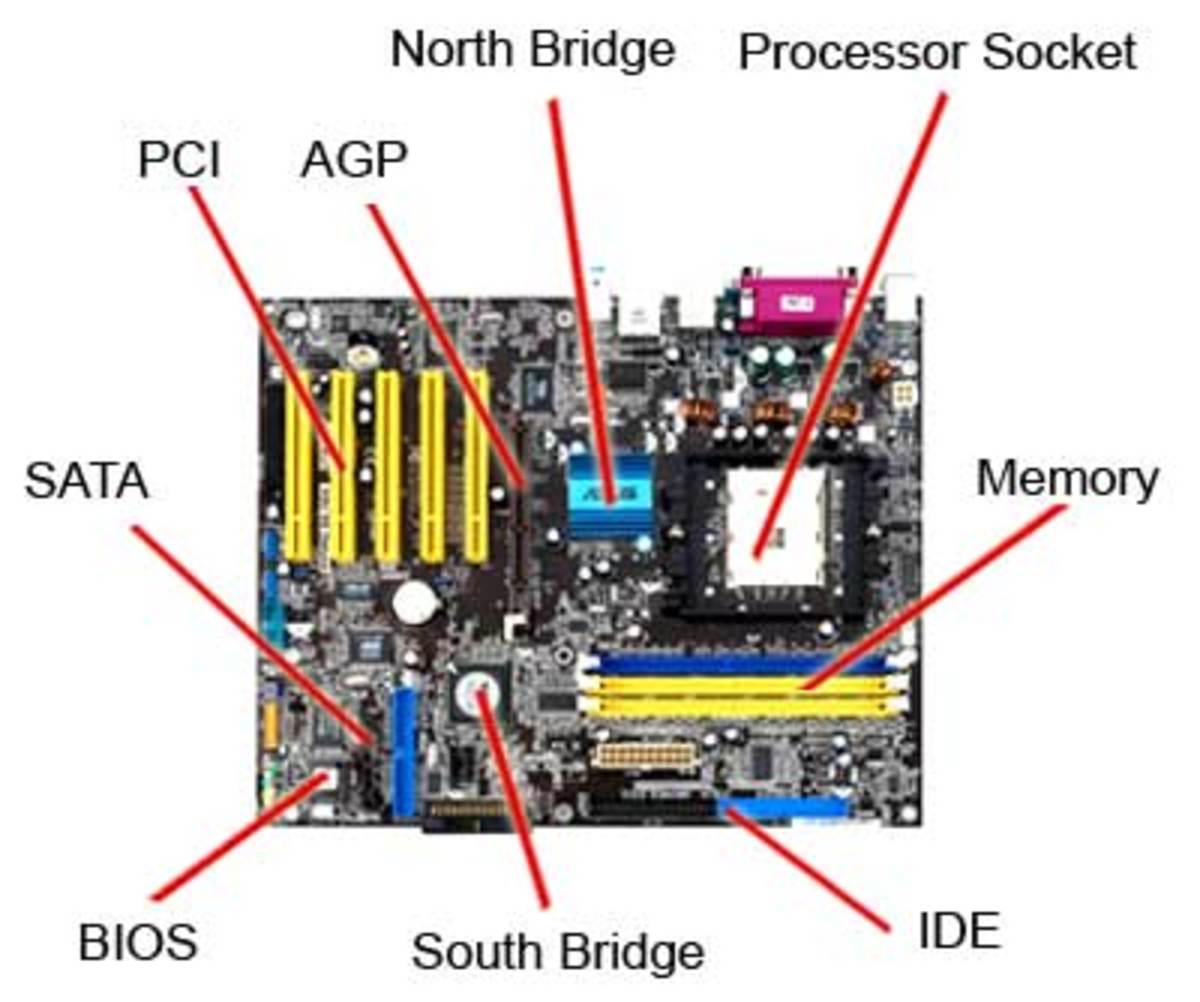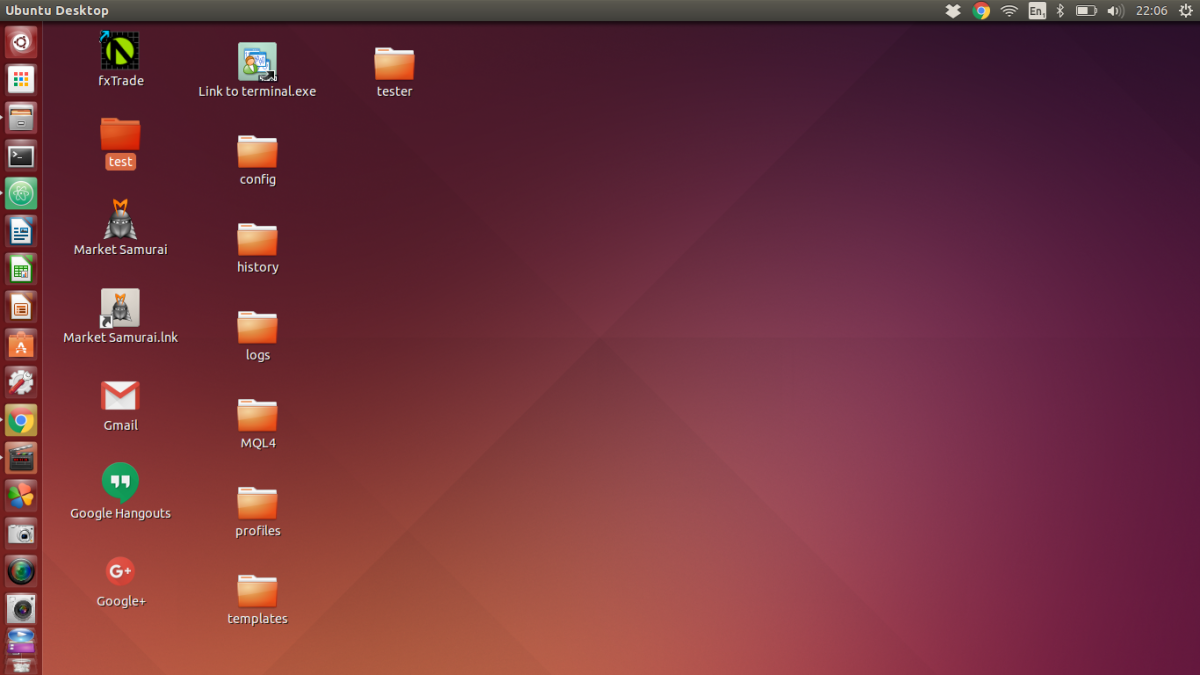The Promise of AI - Is it Overboard?
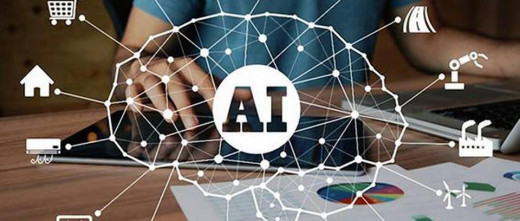
Introduction
Lately, with advances in AI, Artificial Intelligence, both software and hardware, it is just assumed that someday in not too distant future, that AI will be ubiquitous. It will replace humans in many workplace and professions. It is better and cheaper in every way. Is that assumption true or too optimistic?
- March 2020
The Coronavirus Case
A few years ago, Google announced their system that can predict flu outbreaks. It sounded fantastic. How great would it be if we have an automated system that can monitor the data and gives up a heads up weeks or months ahead of the pending crisis. Well, now that we have a full blown pandemic in the coronavirus, it looks like the claim was over blown. So what happened? It appears there are limits to current AI systems. It is very good at looking for existing patterns that is well known or documented. With any new scenario, it is just as clueless as humans.
Perhaps, we should stop and think about this a little deeper. What is AI and its limitations. Can an AI system ever replace a human? I have doubts.
Current AI Systems
From what I can tell, the latest research into AI system is tied to the concept of machine learning. Instead of programming a set of instructions to a computer, the machine learning approach is to let the computer look for solutions on its own. This is accomplished by sending a lot of data to the system and letting humans identify what they are looking at, and then showing the system some new raw data and let it figure out and "learn" and correctly determine what the new item is compared to the vast data that exists in its memory. This is trying to simulate how a real human learn. For example, if we tell a child all the attributes of a car, and show it many examples of various different cars, then after a while, when it sees a new model car, he would know that it is a car. The same can be said about computer learning systems. If we show it lots of images of various cars in motion, then when a new clip is shown of a race car or a military jeep, the hope is it will still categorize them as cars, but a clip of a semi truck would not qualify as a car but it would know that it is truck based on his memory of trucks. So far so good. However, if we come up with a new mode of transportation, like a hovercraft, what does the computer do? It is lost. It does not fit anything in its memory bank.
What Is Missing?
If a human saw a hovercraft or a UFO for the first time, he would know that it is different. It is something new. He would try and figure it out. It would use all its previous experience to determine a best guess. It would then categorized it as something that moves, without wheels...and possibly fly like a plane but without wings...
What does an AI system do? It would have to do something similar.
Moreover, a human might be the inventor of this new mode of transport. He can design it from scratch. Using his knowledge gained from other systems and then adopt new systems of power and integrate and modify and create this new machine.
Can an AI system do that? I think not. That is the fundamental difference.
An AI system is an extension of humans. It can only do somethings humans can do and perhaps even better and faster. However, it cannot create something that had not existed before. It does not have the creative gene that is in human DNA.
Summary
While I do believe AI systems will be more popular and help humans in many aspects of our lives and our professions, it is hard to imagine AI replacing humans. We are just so much more than a specific task or job or even a profession. A human can do all that and more...and still be creative, and compassionate and loving and fun. An AI system cannot do any of that.
Some Related Info
- Google's DeepMind published open research to help fight coronavirus - Business Insider
These predictions were drawn from DeepMind's new deep learning system but have yet to be experimentally verified, DeepMind noted.
This content is accurate and true to the best of the author’s knowledge and is not meant to substitute for formal and individualized advice from a qualified professional.
© 2020 Jack Lee

